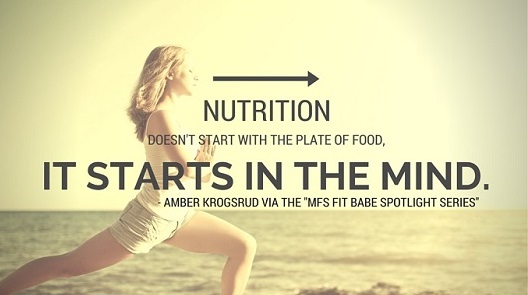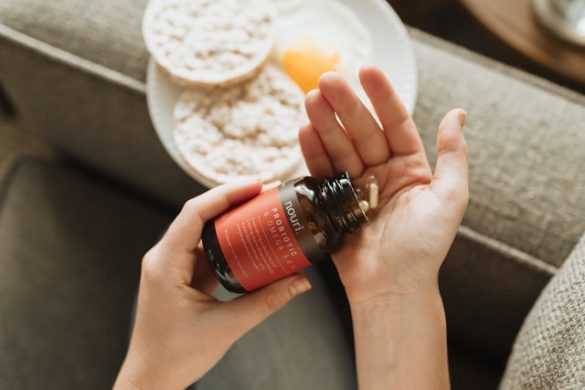If you’re new to the whole supplementation game, you may agree when I say this — choosing the right women’s multivitamin is tough.
It’s hard. It’s confusing. Worse yet, variety leads us to more indecision rather than decisive action.
From zinc to the herbal stuff, there are so many different kinds of multivitamins for women. How do we narrow down the choice?
For starters, I’m going to share my top seven tips for selecting a women’s multivitamin. If you want to learn more, keep reading.
1. Take Stock of What You Need
Not everyone has the same nutritional needs. Some women might need folic acid whereas others may be lacking in calcium and iron. Or, while one woman will benefit from additional iron supplementation, another’s leafy-vegetable-rich diet might already be hitting her iron needs.
The point is simple: have a talk with your doctor, get your bloodwork done, and see what you need from there.
2. Check for the USP Label of a Women’s Multivitamin
It pays to check the label. What’s the difference between a well-formulated women’s multivitamin and a badly-formulated — or even fraudulent — one?
The answer is a seal of approval from a United States governing body that has assessed the vitamin supplement’s safety and efficacy. When it comes to multivitamins, what you’re looking for is the USP label. The USP, or the United States Pharmacopeial Convention, is the governing body that approves supplements.
Hence, if it’s got the seal, it’s worth your purchase.
3. Cover the Basics
Sure, your needs will vary, but everybody can benefit from the essentials. According to the current U.S. Dietary Guidelines for 2020 to 2025, the most important micronutrients are the following:
- B complexes
- Magnesium
- Calcium
- Zinc
- Vitamin C
- Vitamin D2 and D3
Look for these when you’re buying a multivitamin. These are the basic nutrients that’ll protect your bones, muscles, nervous system, immunity, and blood cells.
4. Steer Clear of Women’s Multivitamins that Offer Calcium and Iron Together
Calcium is necessary for bone development, while iron is for your red blood cells and oxygen concentration. Individually, these elements are essential. So, you might be thinking: “Together, they must be a good combo, right?”
Wrong.
Here’s the thing with calcium and iron being present in the same supplement — according to various studies, calcium and iron have the same receptors in the body. So, they cannot be absorbed together.
5. Choose the Activated Versions of Certain Vitamins
Most vitamins offered as supplements are already in their activated forms. However, for some, you’ll need to look for the word “activated” when you’re checking out the nutritional label.
An example of a vitamin that isn’t always in its activated form is vitamin D. When you’re shopping around for a multivitamin that contains this, make sure to get the activated forms of D. According to PubMed, the activated versions are:
- Vitamin D3
- Vitamin D4
6. Choose a Separate Supplement for Magnesium and Calcium
Most women’s multivitamins offer at least six to eight different nutrients including magnesium and calcium. The problem is that these two elements are difficult to absorb. Also, few multivitamins can meet your calcium and magnesium needs fully. To make it easier on your body, take these separately.
7. Choose a Women’s Multivitamin that Contains Vitamin C and Zinc
Several studies are confirming that vitamin C and zinc have a synergistic effect towards boosting immunity. A synergistic effect occurs when the effect of one substance compounds with the introduction of another.
A women’s multivitamin that contains vitamin C and zinc can boost your immune system significantly, so it’s a good idea to go with both!
Final Thoughts on Women’s Multivitamins
There you have it! These are my top tips for selecting the right women’s multivitamin. I’d like to cap this post off with one final piece of advice — don’t ignore your nutrition.
At the end of the day, no women’s multivitamin can substitute a dialed-in diet. So, take your vitamins but never at the expense of your sound eating habits.
Sources:
https://pubmed.ncbi.nlm.nih.gov/22429343/
https://www.webmd.com/diet/features/what-vitamin-should-i-take#3
https://www.ncbi.nlm.nih.gov/books/NBK56061/










